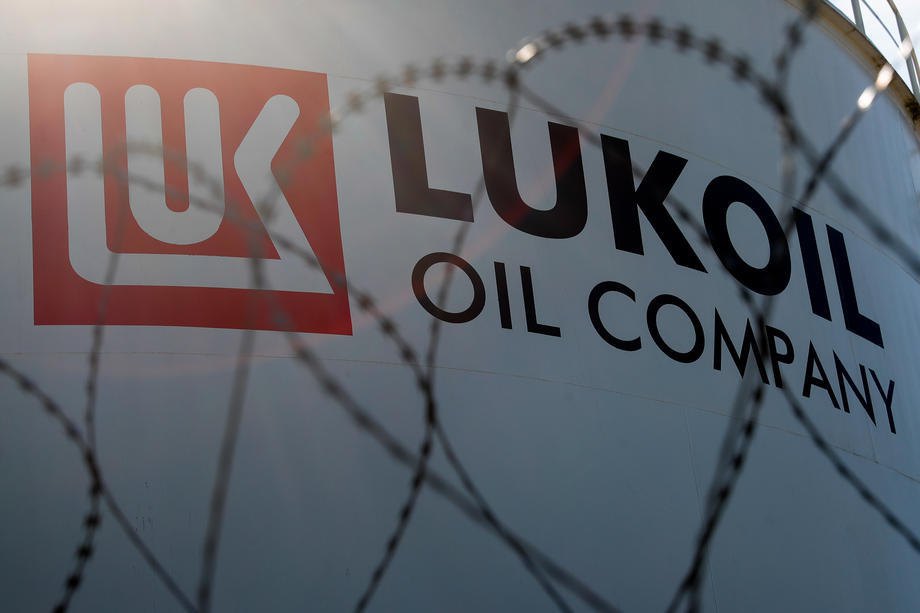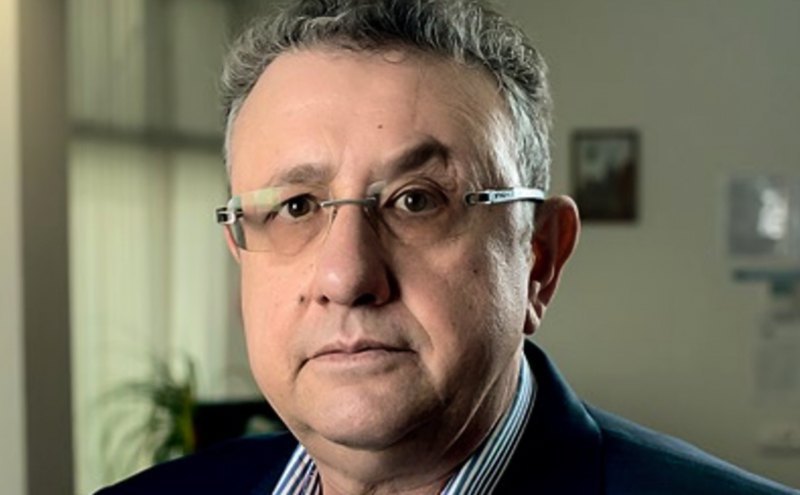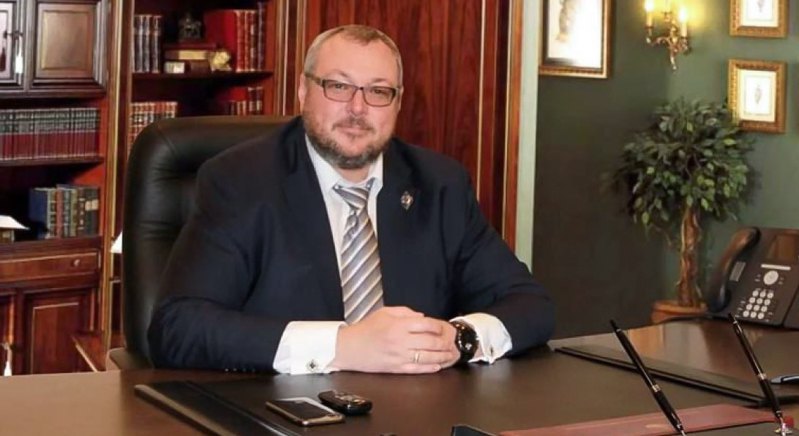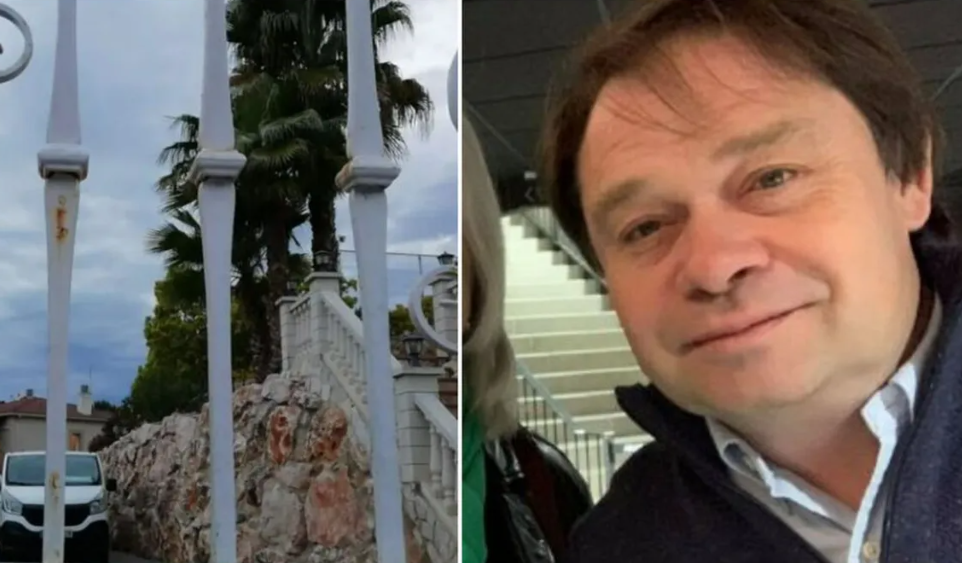 Lukoil: if it’s not the chairman of the board of directors, it’s dead
Lukoil: if it’s not the chairman of the board of directors, it’s dead

The de jure private company, but de facto controlled by the Kremlin, has lost its third top manager: On 24 October, Vladimir Nekrasov, Chairman of the Board of Directors, died in Moscow. According to the official version, he died of heart failure. At the same time, Russian propaganda reported that the deceased allegedly had a problem with alcohol.
"Legally, Lukoil is a private company. Money was pumped through it to the West. This is atypical behaviour of Russian special services. There are too many obvious things. Either they have lost their edge, or they are preparing for something serious and are covering their tracks," suggested Major General Viktor Yahun, former deputy head of the SBU.
Before Nekrasov, the board of directors was headed by Ravil Maganov. He fell out of a window and died last year. It happened in a Moscow medical facility where the Russian elite is treated. The man was there for a routine check-up. The Russian investigation does not say whether he went out for a walk from the sixth floor window himself or whether someone helped him. They did not find a suicide note, and they did not release the video from the surveillance cameras.

Also last year, billionaire Alexander Subbotin, also a top Lukoil executive, died under mysterious circumstances. The official version is traditional: death from heart failure.
Gazprom: more than a dozen deaths
Gazprom is turning into a real cemetery of the Russian energy industry. The gas monster was a key instrument of the Kremlin's influence on European countries. The plague among its management had several waves. The biggest one was in 2022, just before the full-scale invasion began.
Before that, at the end of January, the head of the company's transport department, Leonid Shulman, was the first to die. He was found dead in the bathroom. Russian security forces immediately claimed that the top manager had committed suicide and left a suicide note.

In the spring, the family of former Gazprombank vice president Vladislav Aveyev was found dead in their luxury apartment in Moscow. He allegedly killed his wife and daughter, and then himself. The Russian Investigative Committee was quick to say that it was nothing out of the ordinary - just a domestic crime. But his former colleague Igor Volobuev is convinced: Avayev was murdered.

In total, more than ten Gazprom top managers have died in the last two years.
"There is no conspiracy here. These are the logical consequences of the shadowy activities of the companies that form Russia's gas empire. And one of the rules of this business is to pay kickbacks to the top. I found the material of a court hearing in Russia in 2013. Managers of a Gazprom contractor were under pressure. They argued in court that they had not transferred anything illegally. They were simply carrying out instructions from Gazprom's management. They were asked to give their names. They replied that they would never give their names and that it would be easier for them to shoot themselves," explained Mykhailo Gonchar, an expert on international energy and security relations.
Managers of a number of other Russian companies related to the energy sector have also experienced mysterious deaths.
Among them:
- Sergei Protosenya, former chief accountant of the Novatek gas production company. The man was found dead with his wife and daughter in a villa in Spain. Protosenya's son said that his family had been murdered; Sergei Protosenya

- Yuriy Voronov, head of the Astra Shipping shipping company. He was found dead with gunshot wounds. Yuriy Voronov

"The schemes to enrich Putin and his regime through this industry are still in place. When company executives start working for themselves or become unwanted witnesses to fraud, they are simply killed. Some of them go abroad with their families, but the Russian Federation's special services physically destroy them. We know that whole families of managers who are dangerous to the Kremlin have been eliminated," says Lieutenant General Vasyl Bohdan, a veteran of the Foreign Intelligence Service of Ukraine.
Energy still keeps Russia afloat
Despite the sanctions, Russia receives considerable income from oil and gas sales. Cooperation in the nuclear energy sector with other countries has not stopped either. The Ukrainian government insists on new restrictions against the Kremlin. The head of the President's Office, Andriy Yermak, is convinced that the European Union should strengthen sanctions against the Russian energy sector in the 12th sanctions package. However, it is known that they will not affect the nuclear industry again.

The Russians have learned how to circumvent bans, particularly in the oil industry. It is a key source of budget revenues. Moscow has created a shadow fleet that helps to conceal the origin of the goods. Restricting the price of oil from Russia (no more than $60) did not produce the expected result either. At least in spite of the sanctions, Russians increased their sales of black gold in autumn.
"In September, Russia's revenues from oil exports reached $18.8 billion, the highest since July last year. In August, the Russian budget returned to a surplus, with recent months showing a significant overall improvement," the Kyiv School of Economics experts said in the report.








